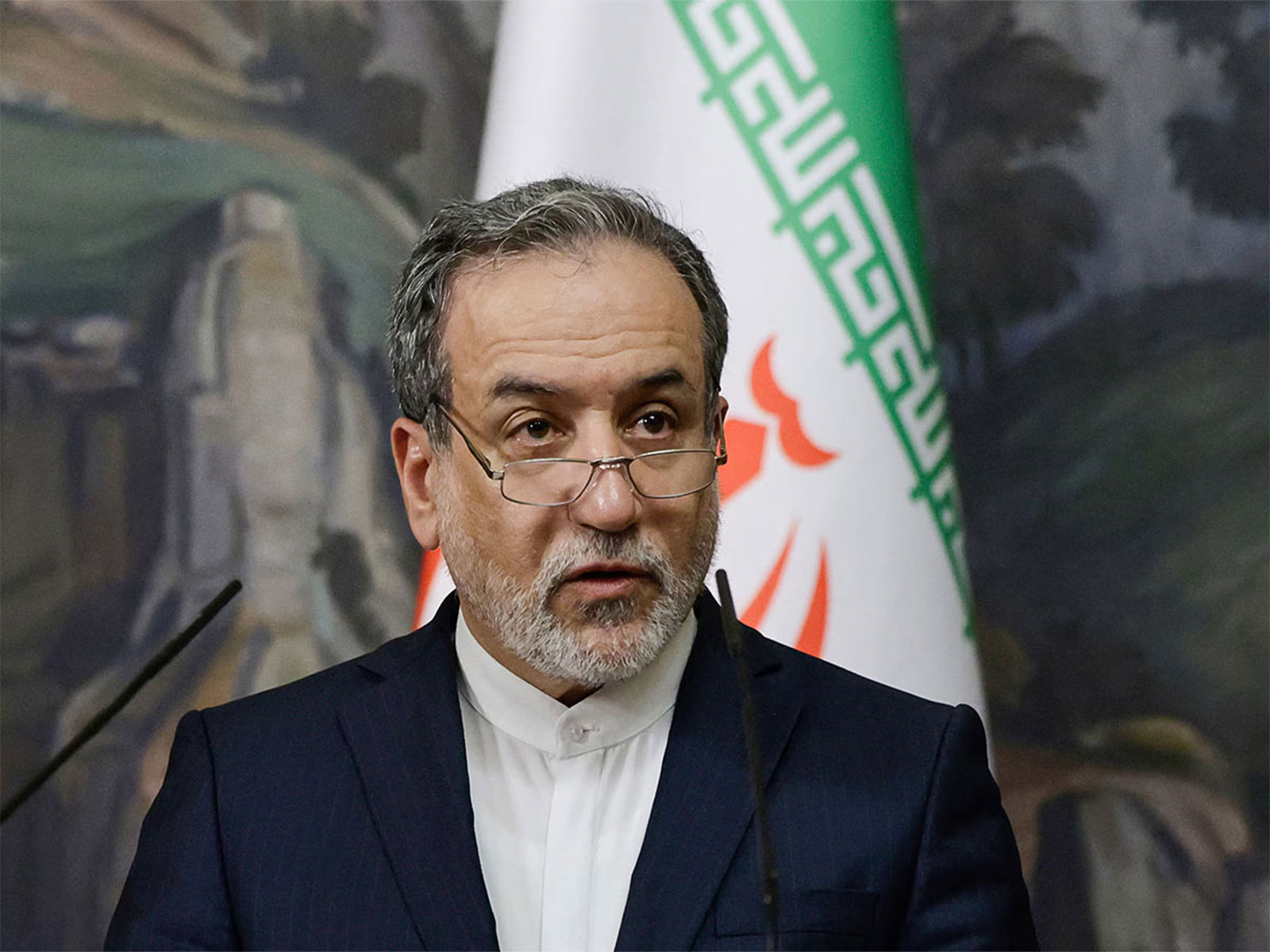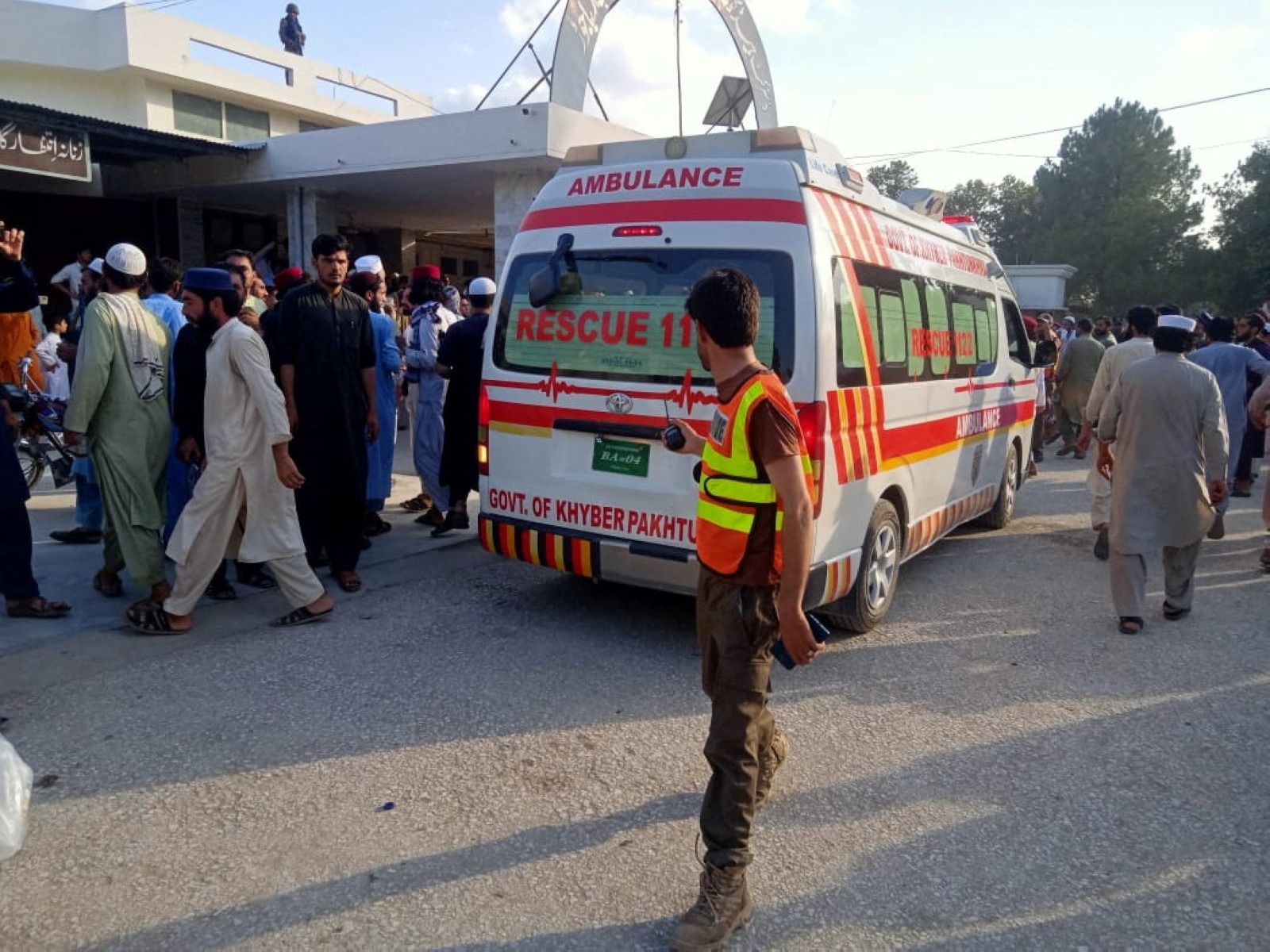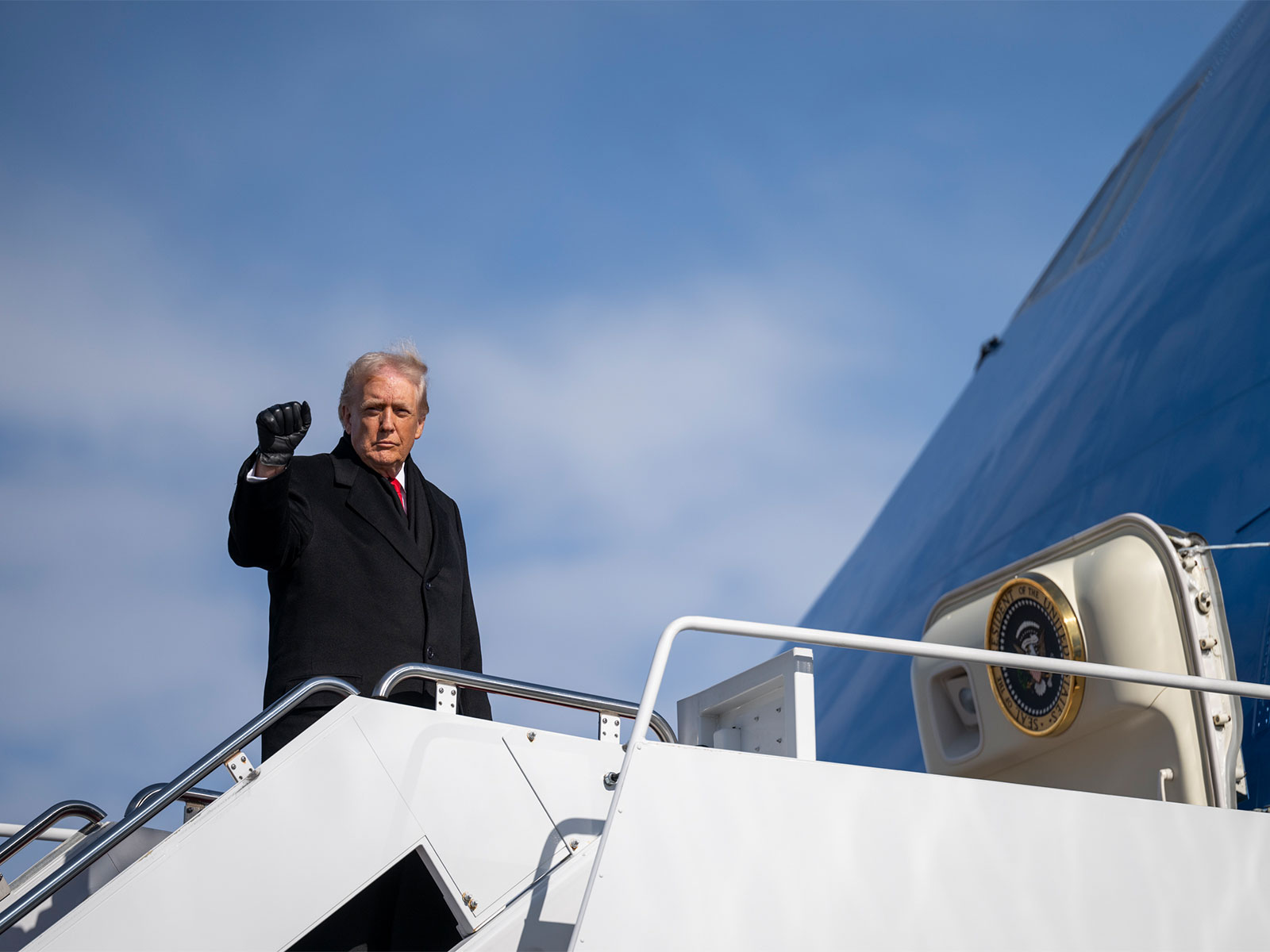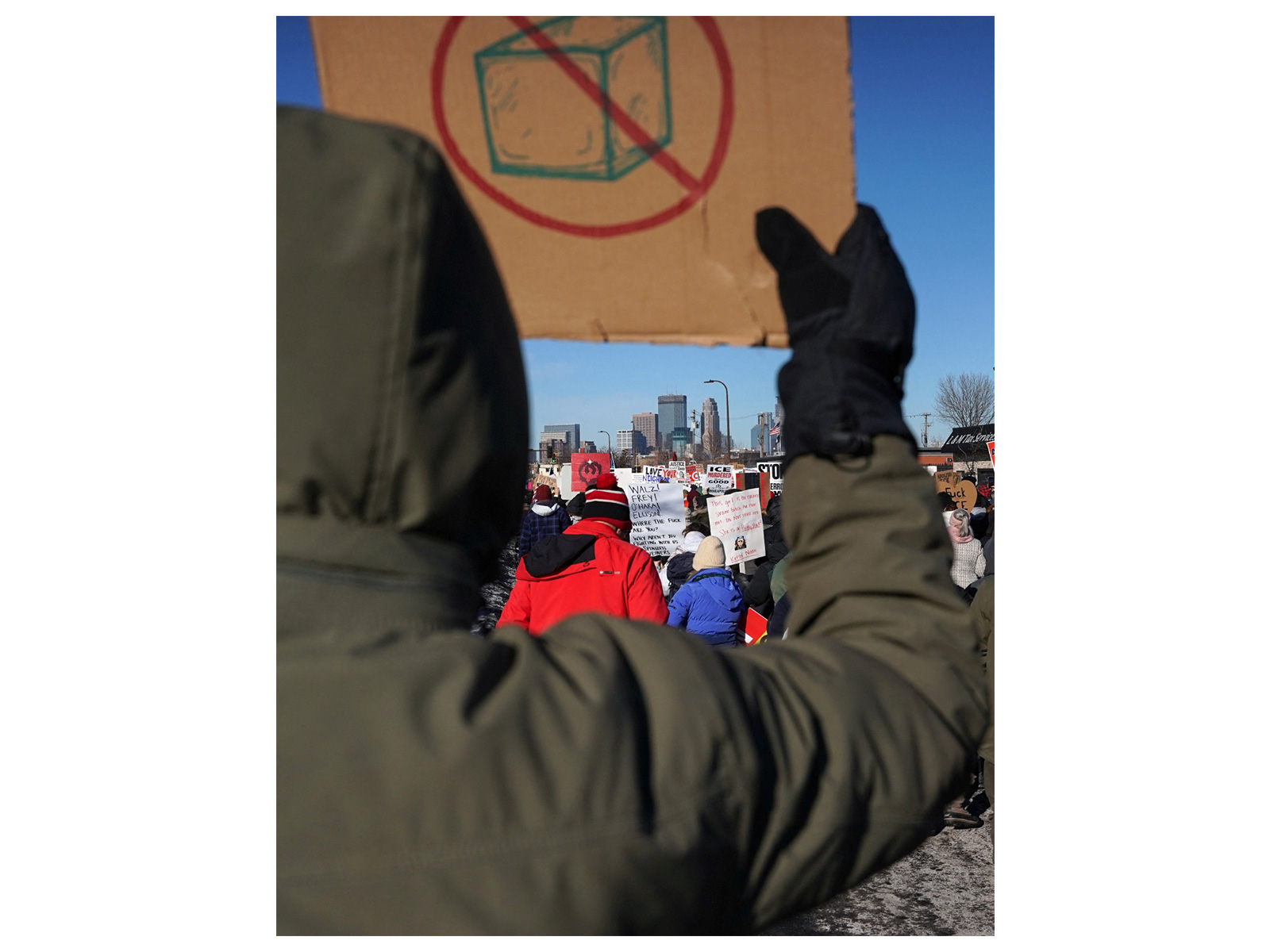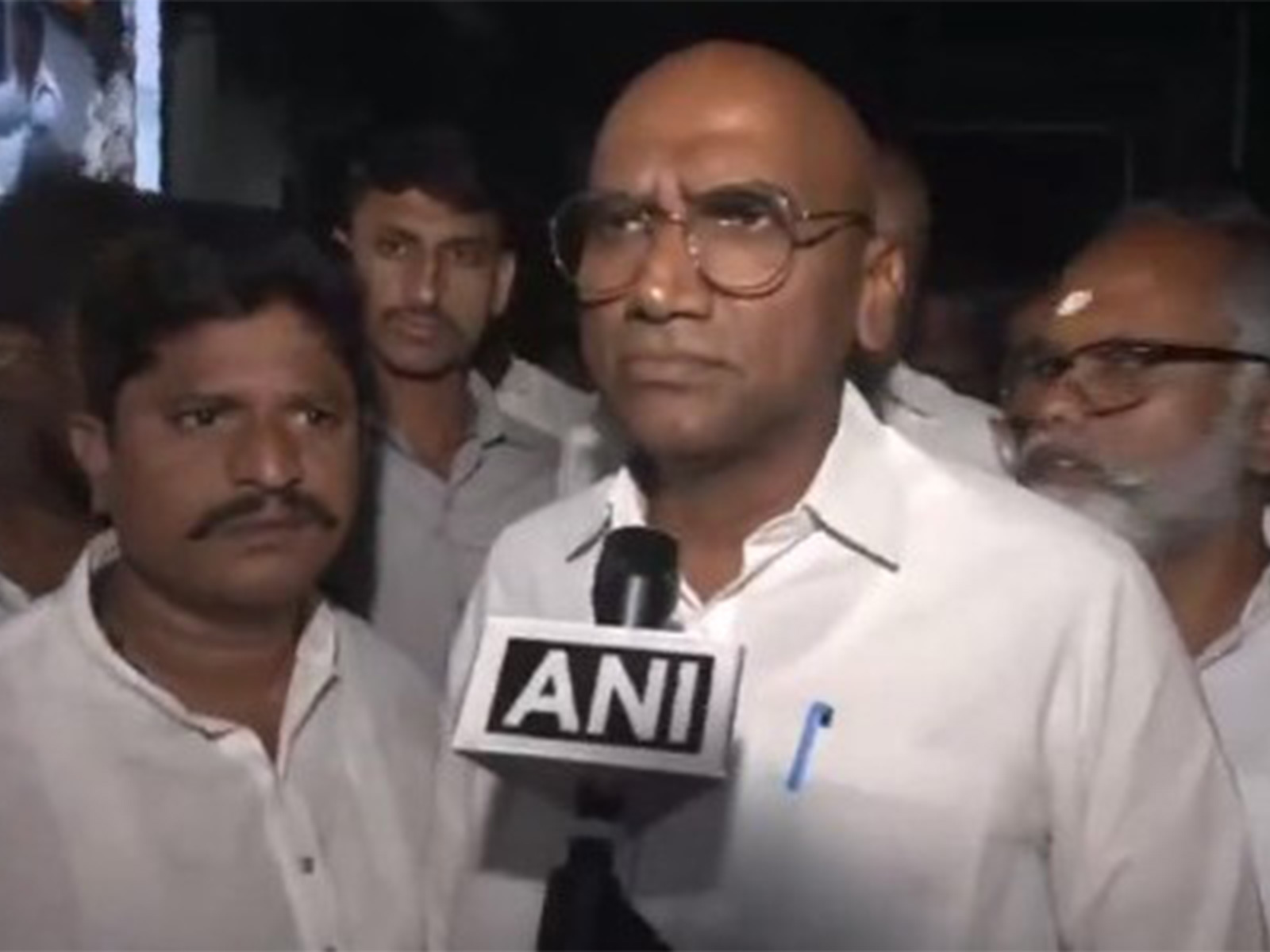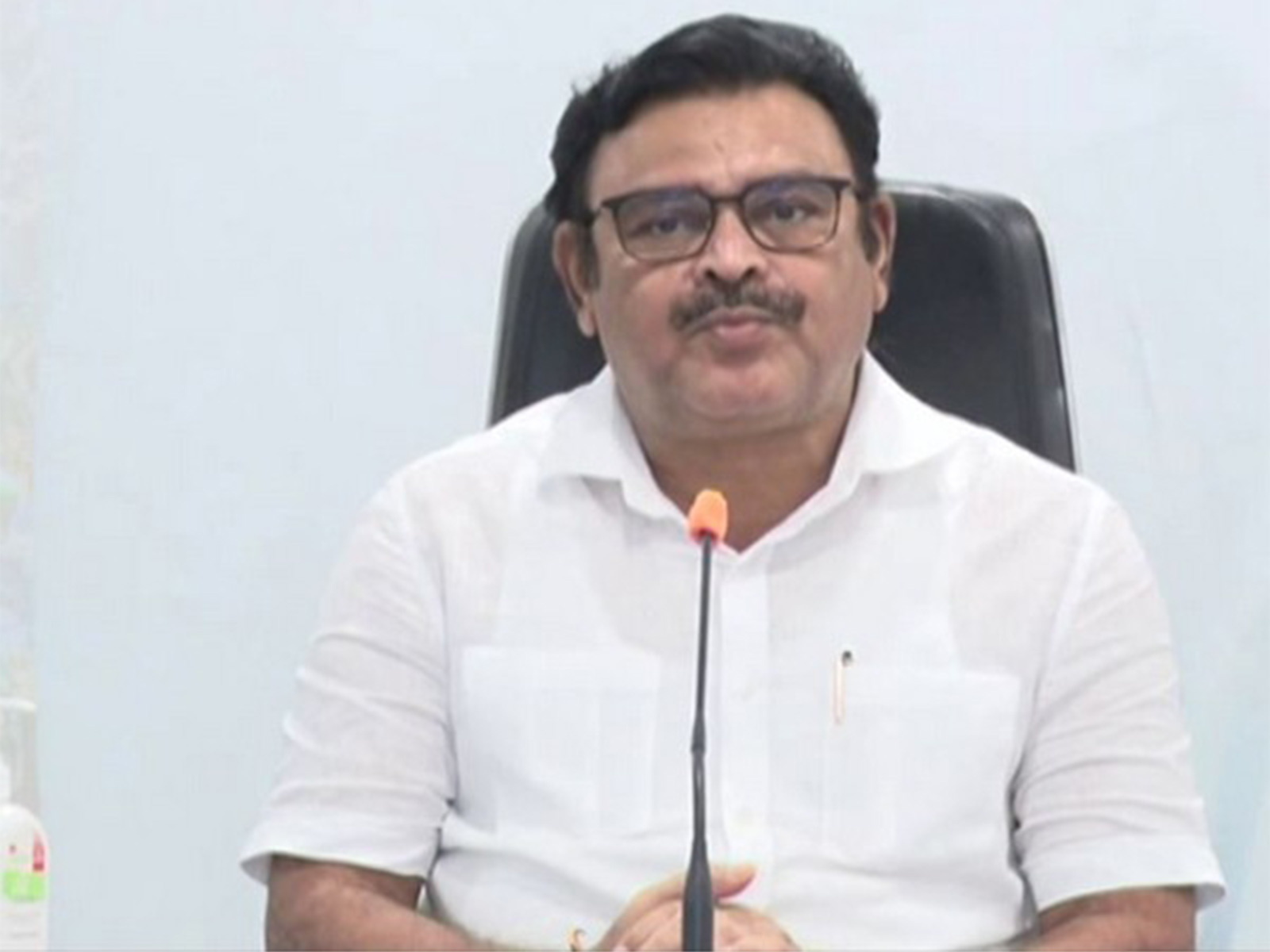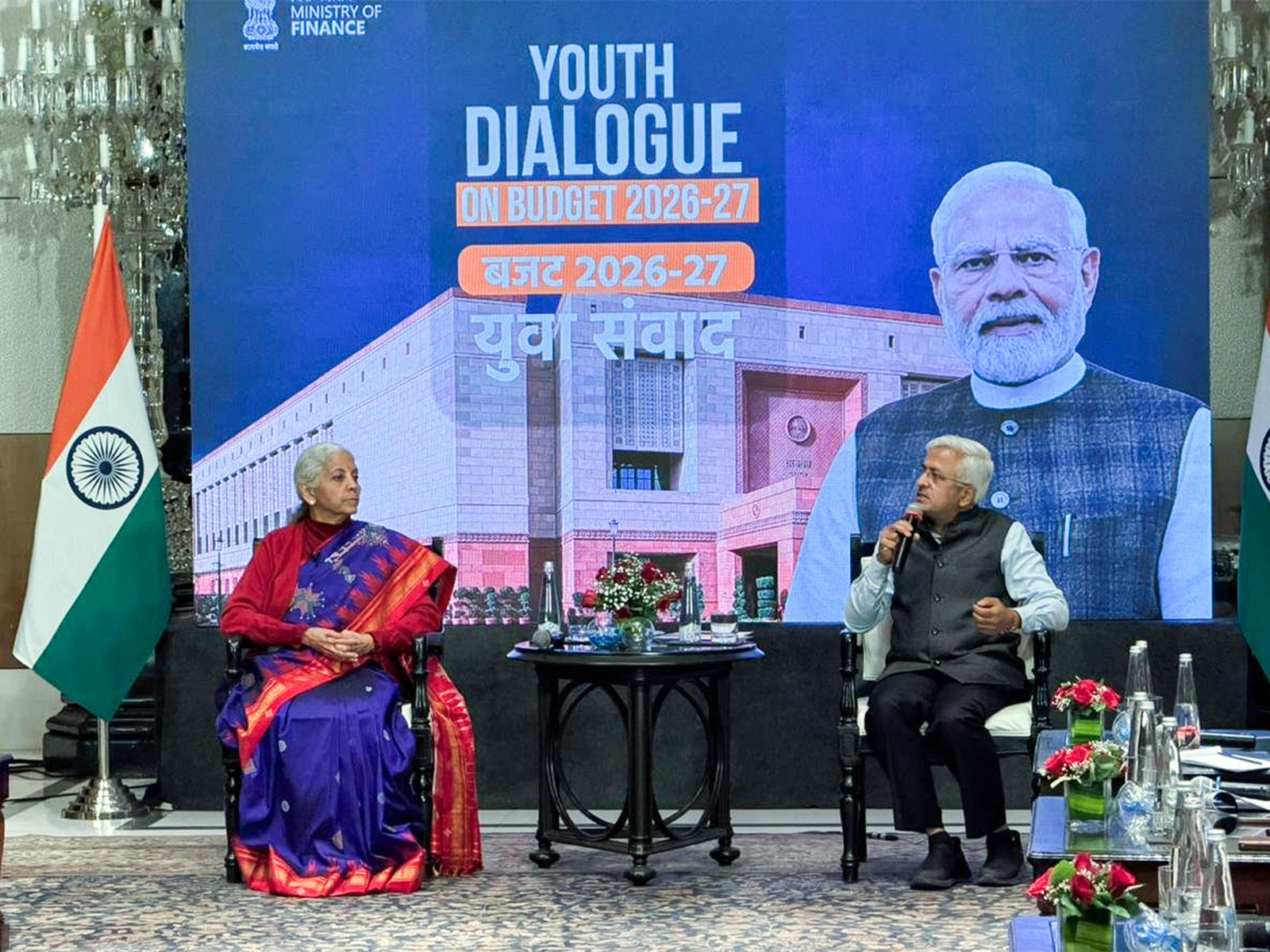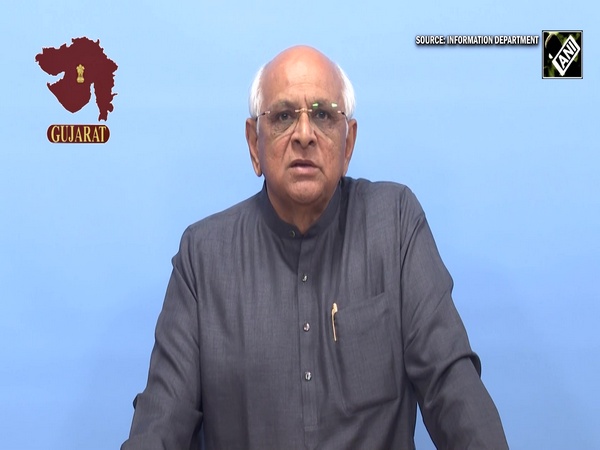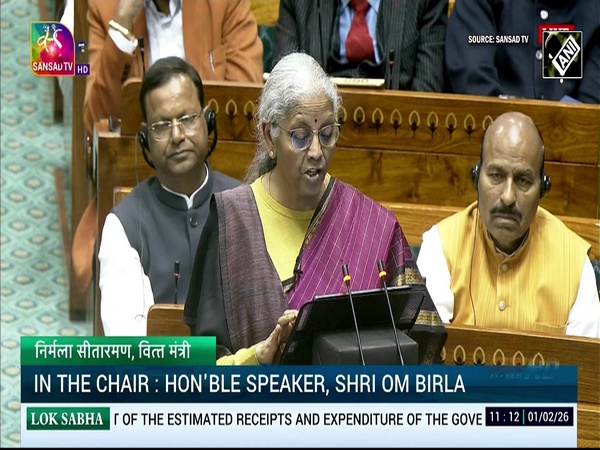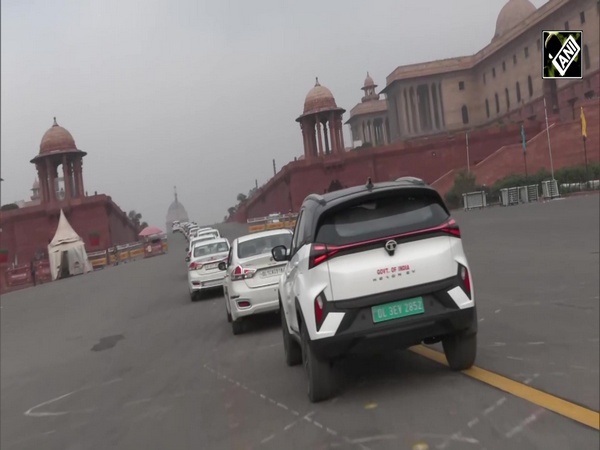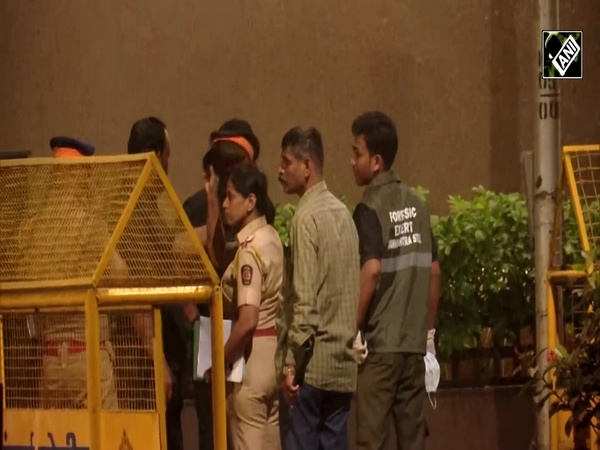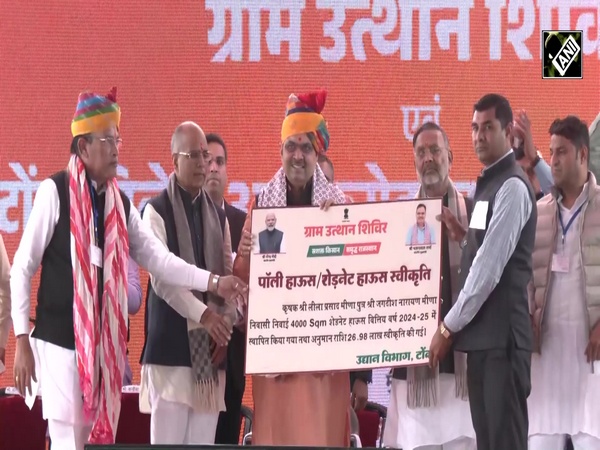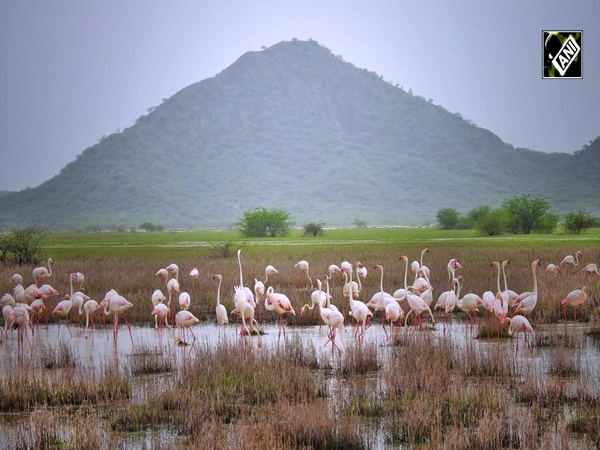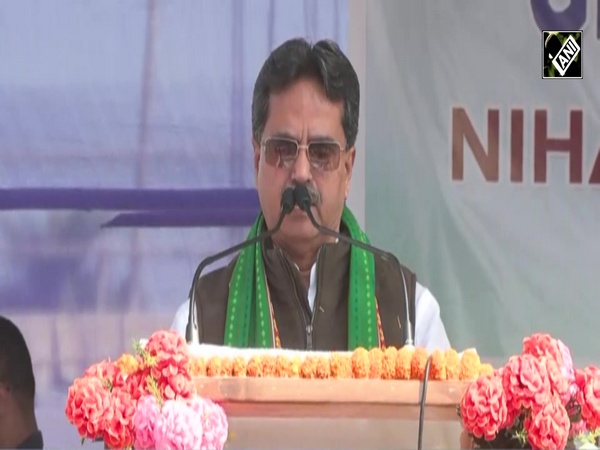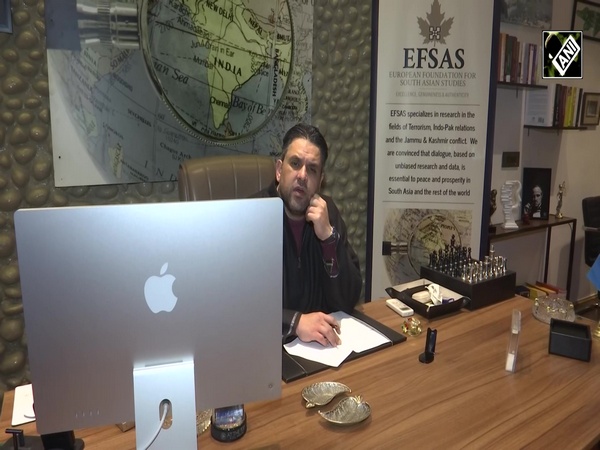Polls open in Bolivia's presidential run-off as country faces deepening crisis
Oct 19, 2025
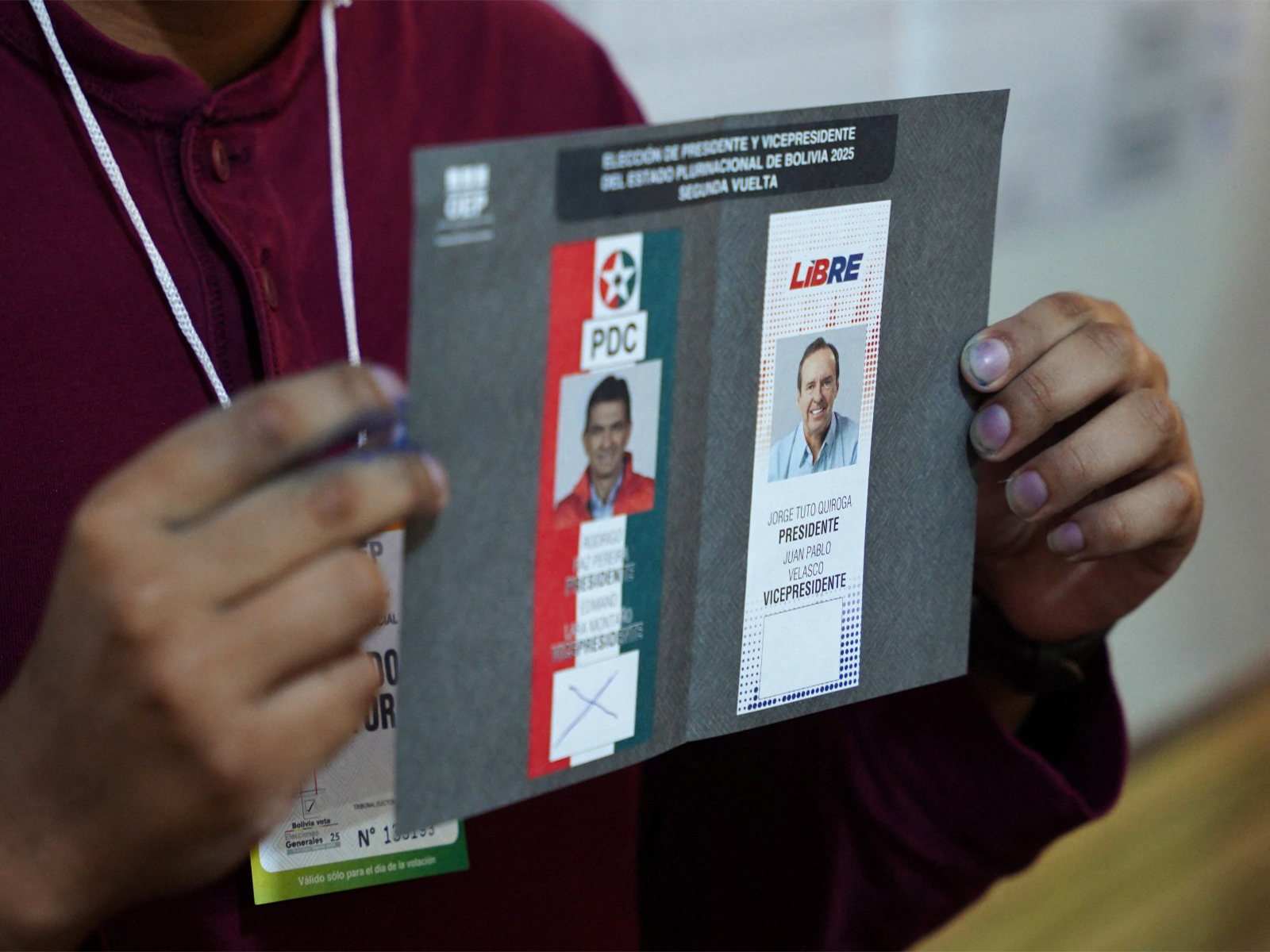
La Paz [Bolivia], October 20 : Bolivians began voting on Sunday in a decisive presidential run-off between two pro-market candidates, signalling the end of nearly 20 years of socialist leadership and a potential pivot back toward closer ties with the United States, Al Jazeera reported.
According to Al Jazeera, polling stations opened at 8 am local time on Sunday and remained open until 4 pm, with preliminary results expected about five hours later.
The contest features 65-year-old, conservative former interim President Jorge "Tuto" Quiroga, facing off against 58-year-old centrist Senator and economist Rodrigo Paz, the son of former leftist President Jaime Zamora. Surveys suggest a close race, with Quiroga slightly ahead, as reported by Al Jazeera.
Both candidates have pledged to address Bolivia's severe economic crisis and repair strained diplomatic relations with Washington, which deteriorated during the administrations of labour leader and first Bolivian President of indigenous descent, Evo Morales, and his successor and current President of the country, Luis Arce.
According to Al Jazeera, the ruling Movement Towards Socialism (MAS) party, long the dominant force in Bolivian politics since Morales took office in 2006, failed to advance a candidate to the run-off following a collapse in support during the first round in August. The internal fragmentation of MAS marks the close of a political era.
The election comes as Bolivia, a country of 11 million people, confronts its worst economic crisis in a decade, with inflation soaring above 20 per cent. Fuel and dollar shortages are widespread, and long lines at petrol stations have become routine.
Once one of South America's fastest-growing economies, Bolivia is now grappling with dwindling foreign currency reserves, largely due to years of high subsidies and underinvestment in its gas sector.
Many see the vote as a step back toward the market-orientated policies of the 1990s, a period marked by liberalisation as well as rising inequality, as reported by Al Jazeera.
The two candidates have laid out distinct reform strategies. Quiroga, who briefly led the country from 2001 to 2002, has called for sweeping changes, including slashing public spending, opening up to foreign investment and credit, and shutting down or privatising unprofitable state enterprises.
Paz, in contrast, proposes a more gradual approach he calls "capitalism for all", emphasising fiscal responsibility and decentralisation while maintaining key social welfare programmes.
As per Al Jazeera, both have suggested scaling back Bolivia's universal fuel subsidy, limiting it to public transportation, in order to reduce fiscal pressure.
Nearly eight million Bolivians are eligible to vote, with participation required by law. The winner will assume office on November 8.
